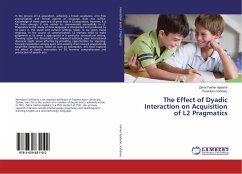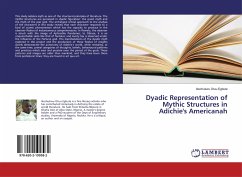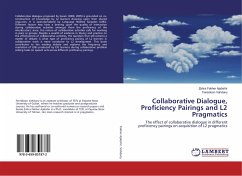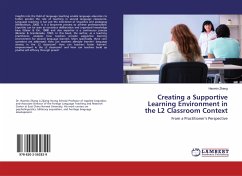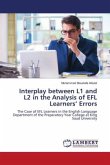In the process of L2 acquisition, achieving a broad vocabulary, error-free pronunciation and formal aspects of language does not suffice. Knowledge of these aspects is of great help in L2 acquisition; however, it is far from enough if one wishes to communicate successfully in L2. Pragmatics as the study of how language is interpreted and produced by its users in the social and cultural settings needs to be given heavy emphasis. In the course of communication, L2 learners need to make judgments as to what is appropriate in a particular sociocultural setting. Drawing upon the theoretical and empirical evidence, peer interactional discourse might prove effective by providing opportunities for meaning-focused negotiation among peers and assisting them toward pragmatically target-like competence. Based on such an assumption, this book explores the effect of dyadic interaction on EFL learners' comprehension and production of speech acts.
Bitte wählen Sie Ihr Anliegen aus.
Rechnungen
Retourenschein anfordern
Bestellstatus
Storno

